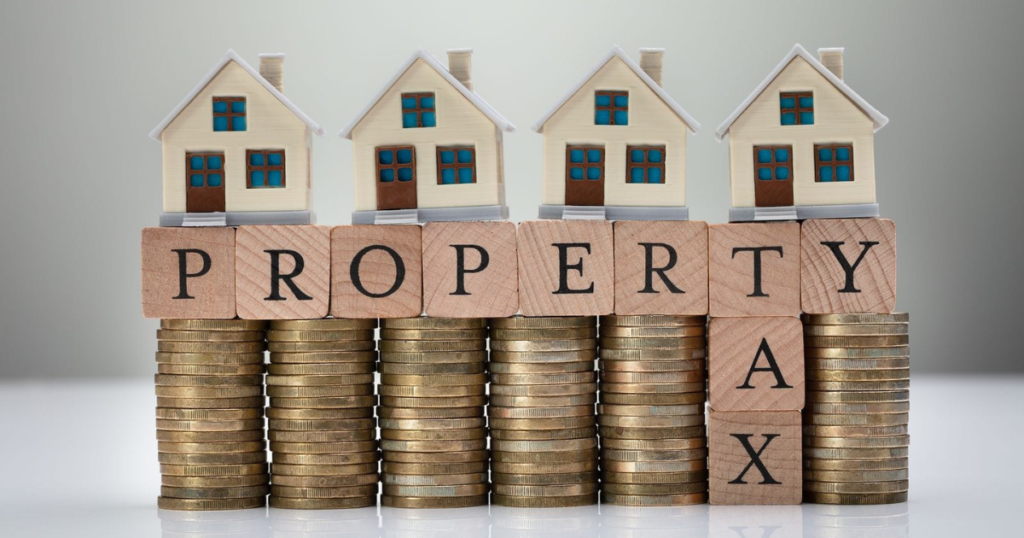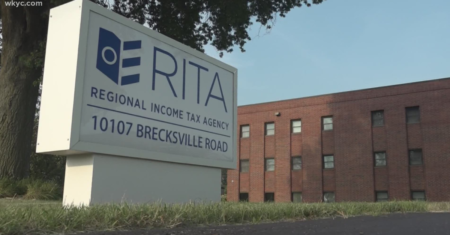
Property tax is a tax that you pay on the value of your property, such as your home, land, car, or boat. Property tax is one of the main sources of revenue for local governments, which use it to fund public services and infrastructure. Property taxs rates and rules vary by jurisdiction, so it is important to understand how property taxs works in your area and how it affects your finances. In this article, we will explain what property taxs is, how it is calculated, how it is paid, and how you can reduce it.
Related articles
2- Gross Income
What Is Property Tax?
Property taxs is a tax on property – usually real estate – as determined by an assessor1. The assessor is a local official who assigns a value to your property based on its characteristics, location, and market conditions. This value is called the assessed value or the taxable value of your property.
Property taxs is usually expressed as a percentage of the assessed value of your property. This percentage is called the property taxs rate or the millage rate. For example, if your property has an assessed value of $100,000 and the property taxs rate is 2%, then your property tax liability is $2,000 per year.
Property tax rates are set by local governments, such as counties, cities, towns, school districts, and special districts. Each jurisdiction may have its own property tax rate or may share a common rate with other jurisdictions. The total property taxs rate that you pay may be the sum of several rates from different jurisdictions.
Propertys tax is usually paid annually or semi-annually, depending on your jurisdiction. You may receive a propertys tax bill from your local government or you may pay your property tax through an escrow account with your mortgage lender. If you fail to pay your property tax on time, you may incur penalties and interest charges or even lose your property to a tax sale or foreclosure.
How Is Property Tax Calculated?
The formula for calculating property tax is:
Property Tax = Assessed Value x Property Tax Rate
To calculate your property tax, you need to know two things: the assessed value of your property and the property tax rate in your jurisdiction.
The assessed value of your property is determined by the assessor based on various factors, such as the size, age, condition, features, and location of your property. The assessor may also use sales data from comparable properties in your area to estimate the market value of your property. The assessed value may be equal to or lower than the market value of your property, depending on the assessment ratio in your jurisdiction. The assessment ratio is the percentage of the market value that is used as the assessed value for taxation purposes. For example, if the assessment ratio is 80%, then a property with a market value of $100,000 will have an assessed value of $80,000.
The property tax rate in your jurisdiction is set by the local government or governments that provide services and infrastructure to your area. The property taxs rate may vary by type of property, such as residential, commercial, industrial, or agricultural. The property tax rate may also vary by class of property, such as homestead (owner-occupied), non-homestead (rental or vacant), senior citizen (over 65), disabled veteran (with service-related disability), or agricultural (used for farming). Some jurisdictions may offer exemptions or reductions for certain classes of property or owners.
To find out the assessed value of your property and the property taxs rate in your jurisdiction, you can contact your local assessor’s office or visit their website. You can also use online tools such as Property Tax Calculator to estimate your property taxs based on your location and home value.
How Can You Reduce Your Property Tax?
There are several ways that you can reduce your property taxs liability, such as:
- Appeal your assessment: If you think that your property has been overvalued by the assessor or that there are errors or discrepancies in your assessment, you can appeal to have it reviewed and adjusted. You will need to provide evidence to support your claim, such as recent sales data from similar properties in your area or an appraisal report from a licensed appraiser. You will also need to follow the appeal process and deadlines in your jurisdiction.
- Apply for exemptions or credits: If you qualify for any exemptions or credits based on your type or class of property or owner status, you can apply for them with your local government. For example, some jurisdictions may offer exemptions or credits for homesteads, senior citizens, disabled veterans, agricultural properties, historic properties, renewable energy systems, or low-income households. You will need to meet the eligibility criteria and provide proof of documentation to claim these benefits.
- Improve energy efficiency: Some jurisdictions may offer incentives for improving the energy efficiency of your home, such as installing solar panels, insulation, windows, doors, heating and cooling systems, or appliances. These incentives may reduce your property taxs by lowering your assessed value or by providing a credit or rebate. You will need to follow the guidelines and requirements of the incentive program and provide receipts or certificates of completion to verify your improvements.
- Shop around for a lower rate: If you live in an area where there are multiple jurisdictions that levy property taxs, you may be able to shop around for a lower rate by moving to a different jurisdiction or by choosing a different type or class of propertys. For example, if you live in a city that has a high property taxs rate, you may be able to save money by moving to a nearby town or county that has a lower rate. Or, if you live in a non-homestead property that has a higher rate, you may be able to save money by converting it to a homestead property that has a lower rate.
How is property taxs used by local governments?
Property taxs is a taxs that local governments collect from propertys owners based on the value of their property. Property taxs is used to fund various public services and infrastructure that benefit the community, such as:
- Police and fire services, which provide safety and security to the residents and businesses.
- Education and health services, which provide learning and wellness opportunities to the students and citizens.
- Libraries, which provide access to information and resources for learning and entertainment.
- Road maintenance, which ensures the quality and safety of the transportation network.
- Other programs and projects, such as parks, recreation, culture, environment, economic development, and social services.
Property taxs is one of the main sources of revenue for local governments, as it accounts for nearly half of their own-source general revenue. Property taxs rates and rules vary by jurisdiction, so you should check with your local assessor’s office or website to find out how property taxs works in your area. You can also use online tools such as Property Taxs Calculator to estimate your property taxs based on your location and home value. For more information about property taxs, you can visit the Investopedia website or read this article by Taxs Policy Center.
Property tax is a tax that you pay on the value of your property, such as your home, land, car, or boat. Property tax is calculated by multiplying the assessed value of your property by the property tax rate in your jurisdiction. Property tax is used to fund public services and infrastructure in your area. You can reduce your property tax by appealing your assessment, applying for exemptions or credits, improving energy efficiency, or shopping around for a lower rate. To learn more about property tax, you can visit the Investopedia website or read this article by AdvisoryHQ.
About the Author






0 Comments